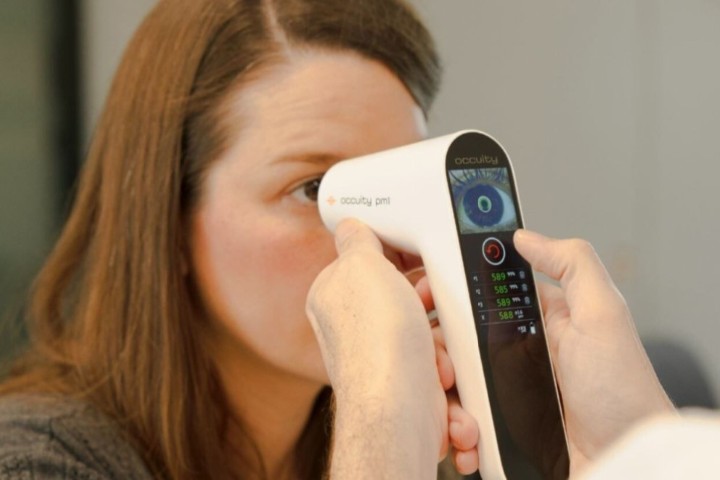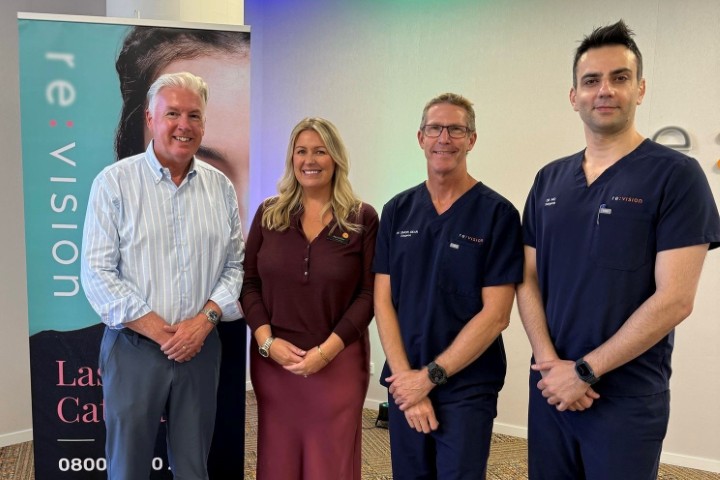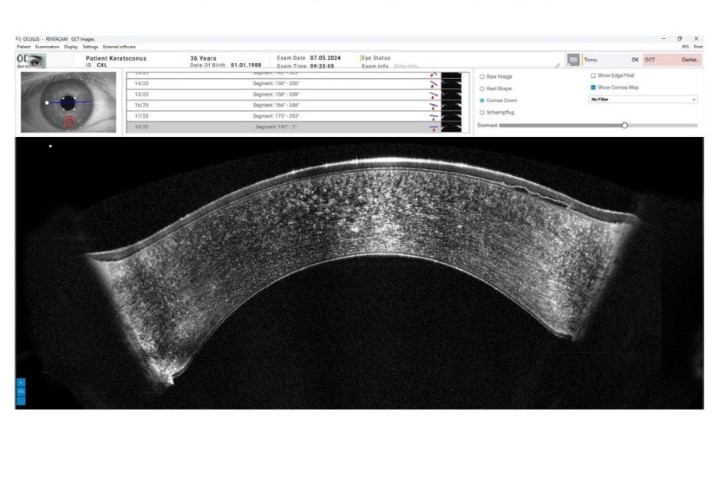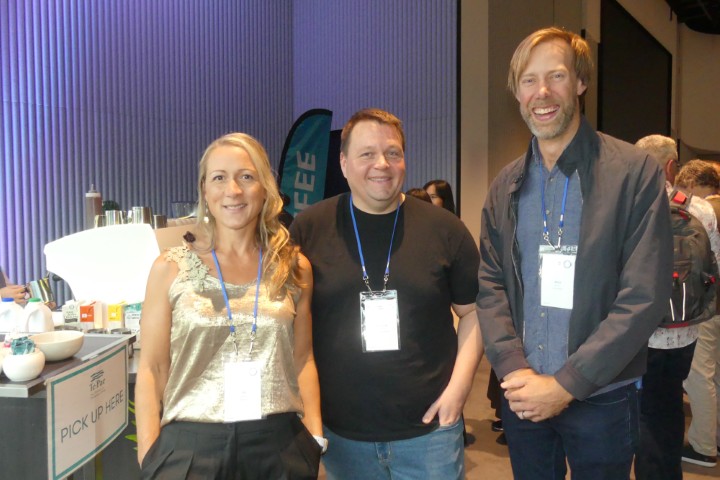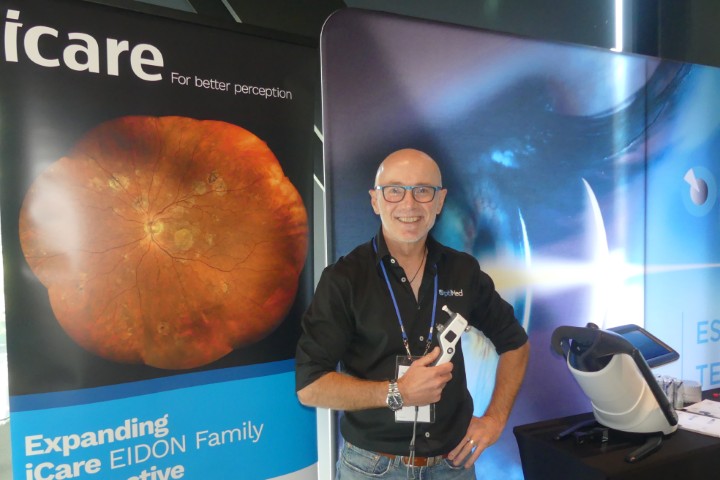New AMD nutrition guidelines – rethink that second drink
Consuming more than 12g of alcohol per day (less than one large glass of wine or a large beer) is linked to a higher risk of developing age-related macular degeneration (AMD), an Australian study found.
Although two-thirds of Australian optometrists regularly discuss the impact of diet on eye disease, and 91% routinely recommend nutritional supplements to patients with AMD, there are currently no official guidelines for nutritional advice, according to Macular Disease Foundation Australia (MDFA).
Tackling the void, MDFA partnered with the University of Sydney to investigate alcohol consumption, dietary patterns, food and nutritional supplements to prevent AMD or slow its progression. The evidence from the systematic review has informed its new Nutrition Guidelines, released this month (Australia’s Macula Month).
Excessive alcohol intake can contribute to oxidative stress and inflammation in the body, which are believed to be underlying factors in the development and progression of AMD, said Dr Kathy Chapman, MDFA CEO and a former nutritionist. “We know that cutting back on alcohol has many benefits, including reducing the risk of developing liver disease, high blood pressure, certain cancers, as well as positive effects like boosting mood, keeping a healthy weight and saving money. But what our review is telling us – and what many people don’t realise – are the significant benefits drinking less alcohol has on maintaining healthy eyes and lowering the risk of developing or progressing AMD.”
Although the review also found high meat consumption, especially red and processed meat, puts people at risk of AMD and there has long been extensive evidence for certain foods being protective against the disease, these may not be as important as people’s overall eating patterns, said Dr Chapman. “The concept of ‘food synergy’ – the joint impact that everything you eat and drink has on overall health – is an important message for people to remember. The guidelines also re-confirm the importance consuming fish containing omega-3 fatty acids and recommend people aim to eat fish at least twice per week.”
The findings also reiterated that sticking closely to the Mediterranean diet was likely associated with a lower risk of developing early AMD and delaying progression to late AMD. Similarly, an Asian-style eating pattern (defined as a high intake of vegetables, fish and plant-based proteins) likely reduces the risk of developing late AMD.













